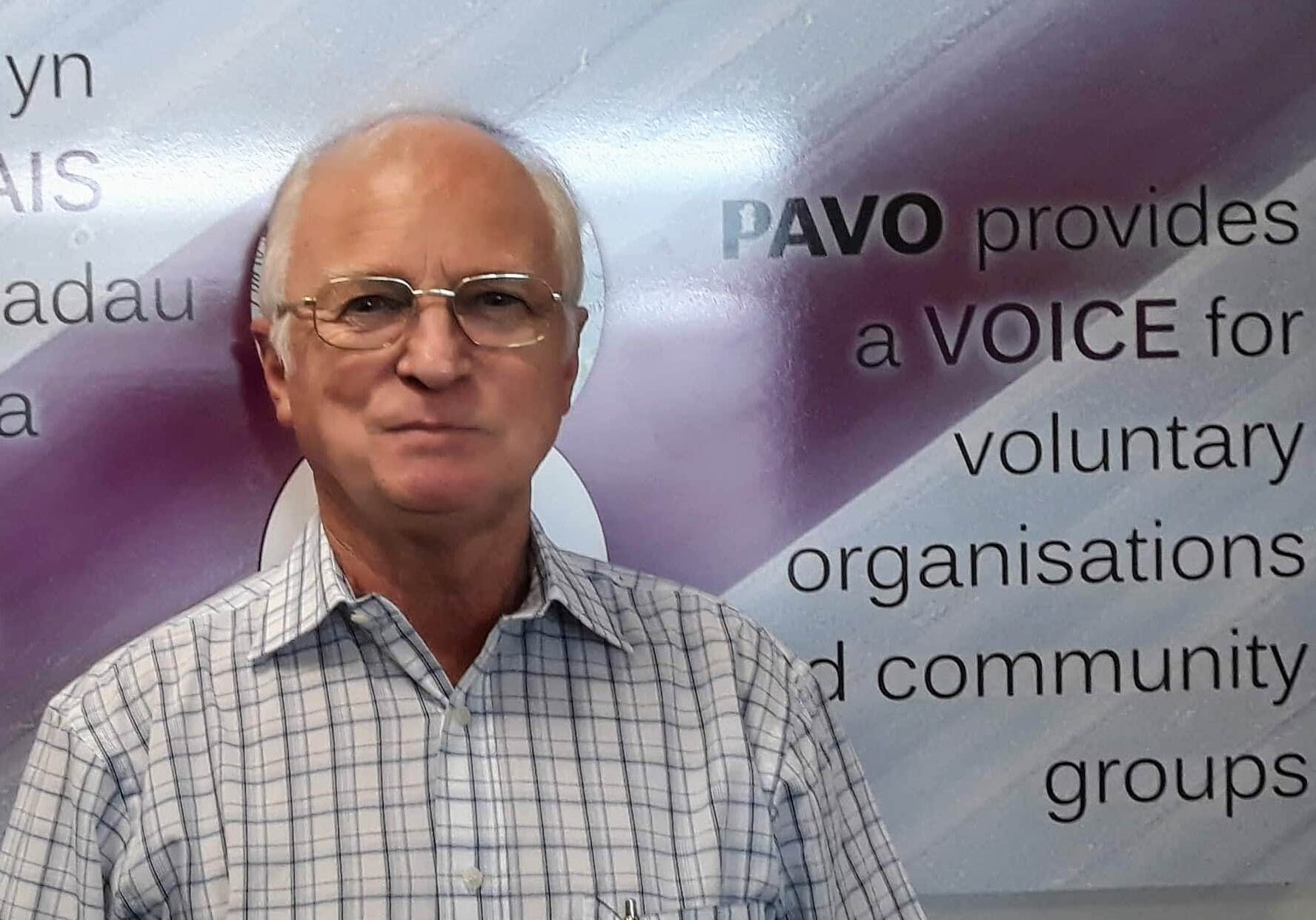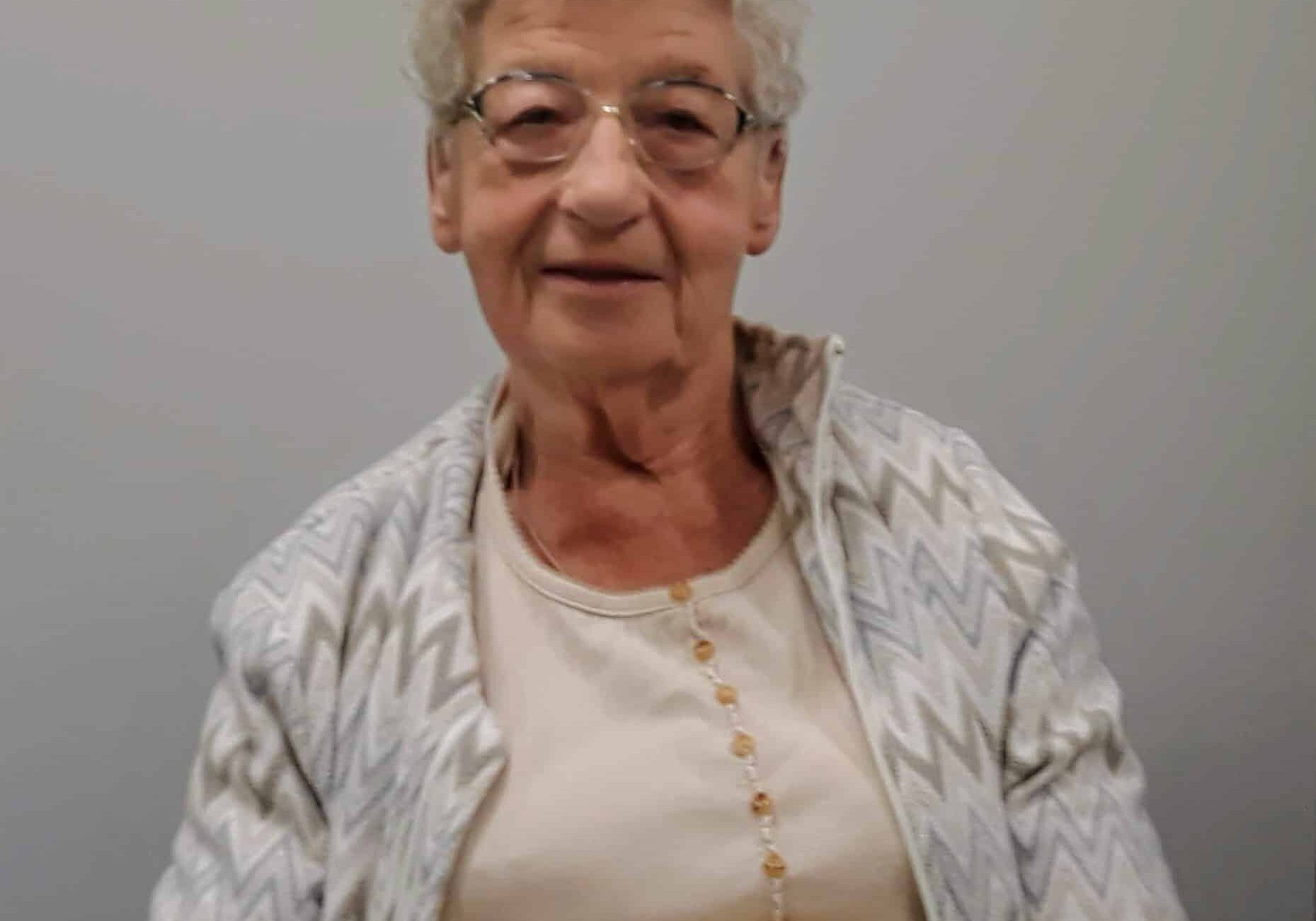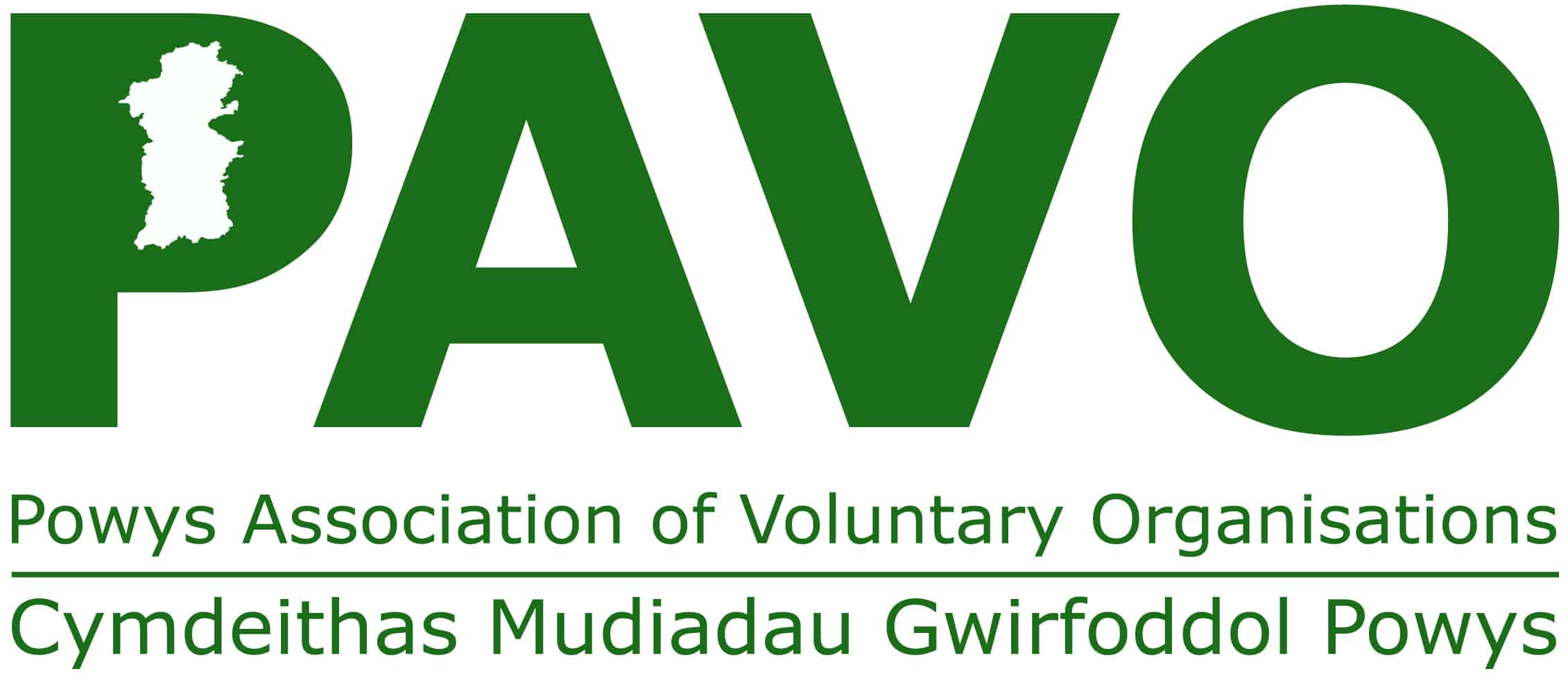
Many of the strategic planning groups in Powys (particularly those concerned with health and care issues) have third sector or citizen representative as members, who are supported by PAVO to undertake that role.
Why have representatives?
- So that third sector organisations, community groups, service users and Carers can take part in decision making at partnerships
- Build strong working relations with partners.
What do representatives do?
- You will be a member of a partnership or working group - usually these are at the national, regional or county level.
- The partnership or group will have Terms of Reference: clear aims, what it will do and how many times it will meet, and whether the partnership is ongoing or will only exist for a set period.
- You need to be able to attend meetings regularly.
- You will be a member on behalf of the third sector or service users in Powys, not just your own organisation or group but bring your experience and knowledge from your own work. Very often you are also a member of a network or a forum.
- You will take part in the meetings and help develop planning on behalf of the third sector in Powys (not seeking to promote your own organisation or group).
- You need to be willing to report back on items of interest (PAVO is here to support you to do this).
Want to become a representative?
To find out about the representative role and any current opportunities please contact us.
PAVO follows a fair, open and clear way of finding and selecting representatives. Sometimes a partnership has a specific statutory duty that sets out the detail of how representatives must be appointed, however when possible PAVO uses the following arrangements:
- In discussion with partners, the number of representatives is agreed.
- In discussion with partners, draft Terms of Reference for the partnership are drawn up (to be agreed by the partnership at its first meeting).
- In discussion with partners, an outline of experience/knowledge and the representative role and responsibilities is agreed.
- The draft Terms of Reference, and the representatives' role and responsibilities are publicised to the third sector, inviting suggestions/applications to be a representative.
- Independent nominees are requested to support an application
- Meetings may also be held with relevant third sector groupings or networks to seek representatives.
- If applications are more than the number of places, they will be brought to a panel for a selection process (scoring against set criteria).The names and organisations/groups of the selected representatives are made public.
- The names of the representatives and their contact details are promoted to the third sector to enable the representative role. PAVO continues to support the representatives in their roles and responsibilities throughout the agreed time a representative is on a partnership.
- When a representative’s agreed time on the partnership has expired, the above process for recruiting and appointing representative is used. If a representative leaves a partnership the same process is used to fill that vacancy
Support for Representatives
PAVO provides a range of support to people acting as third sector and citizen representatives on Powys and national partnerships.
Induction Training for Representatives:
- how Partnerships work in Powys and how the third sector can be effectively represented
- the background and history of the partnership you are on
- what makes an effective Partnership work.
- what representation means and how we can best do it.
Support from PAVO also includes:
- maintaining an up-to-date database of the network or forum you represent
- sending out information to the network or forum you represent on your behalf
- collating information/feedback from your network or forum on your behalf
- providing pre and post briefing sessions following partnership meetings
- being available to discuss issues as they arise
- enabling networking with others and the sharing of good practice, both within Powys and nationally
- help with expenses if needed (travel/care)
- use of lap-top or tablet if needed
Representative’s Stories

Owen Judd
Living in Ystradgynlais and caring for my wife, and historically other members of my family at different times, for the past thirty years I have experience of using health, mental health and/or social care services as well as third sector organisations in Powys thus enabling me to bring my experience to the Powys Regional Partnership Board. I did not realise I was a 'carer' until twelve years ago and at that point I became registered and got the invaluable support that enabled me to manage much better and carry on caring.
I am involved with many third Sector health, mental health and social groups including Powys Carers Service (now Credu) and actively support a carers group locally, ensuring that our voices are heard by other services whilst spreading the word that lots of support for carers is available, getting carers involved and making sure resources for carers are used.
Drawing on these networks along with a regular coffee morning we run, offers the potential to reach new people. Being highly motivated and committed I feel I can bring my strong involvement and influencing skills to the carer representative role on the Powys Regional Partnership Board.

Maggie Sims
I am a little overawed to be on the Powys Regional Partnership Board. I do like working in a team and enjoy hearing other people's ideas. I hope that some of my past experiences will stand me in good stead and that I can make some contributions.
At present I am on the Older Persons Partnership Board and being Chair of the Bronllys Hospital & Community League of Friends brings me into contact with patients both on the ward and in the Day Hospital. I see first-hand their needs and the length of time some are in hospital waiting for a care package or a car or nursing home. It is improving but we have a long way to go. I feel strongly about suitable living accommodation for the elderly many of whom have an ailing body but an active mind and capable of looking after themselves. They just need a little more help or knowing someone is around. Those with dementia need specialised care as do people of all ages with Mental Health issues. This is another service that I feel is improving.
Some of my experiences both in the past and present have influenced how I feel about care in our communities. My background is in teaching- the last 20 years were in a school on a tough council estate and I still have fond feelings for those who lived there. At some point I spent some of the week with special needs children and as Deputy Head I was the Child Protection Officer. This brought me into contact with Social Services and the police. Some of the problems were heart breaking. In my final year of teaching I stood for election as a councillor for the London Borough of Harrow....and won. During my time as a councillor I came across the homeless and destitute which was heart breaking.
Once I retired I was able to take on work on some committees. I was the council representative to Harrow Voluntary Association. I soon became amazed at the number of voluntary organisations there were and realised society would crumble without them. It is impossible to put a value on their work and the contribution they make. I was on the Social Services Review Committee. I came to realise the value of the unpaid carers in the home and how little thought we gave to their needs. We occasionally had an event for the young carers. We wanted them to know they were appreciated but we could not do this as often as possible as we had to get help for those they cared for. I can still feel the tremendous respect I had for them. They didn't complain. Many were up early, worked hard, went to school and when they came home slotted back into their role as a carer. Some were also looking after younger siblings. Their school work must have suffered and most had to take some time off school. Some of these careers were very young with a mature head. I am sure there were many more carers than we knew about. We need to make sure our home carers receive support and don't become ill and or depressed.
I hope that the Regional Partnership Board can make a real difference to people's lives.
